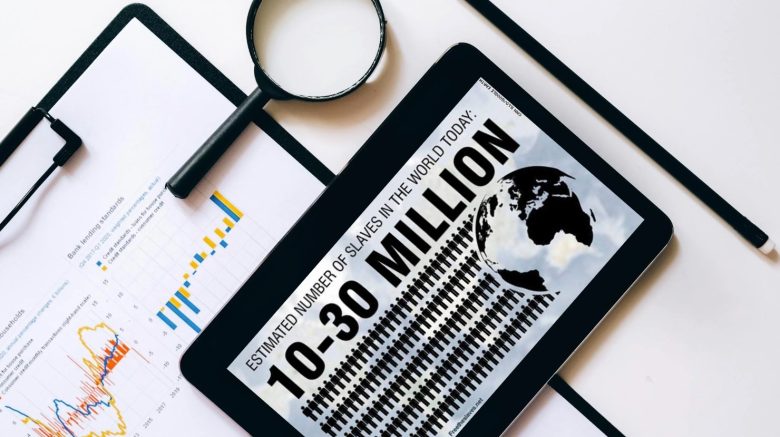Facts, Statistics, Shelters, and Prevention Organizations
Human trafficking is a heinous crime that involves the use of fraud, force, or coercion to exploit individuals for labor, services, or commercial sex. Any minor under 18 involved in commercial sex is considered a victim of child sex trafficking, regardless of whether force, fraud, or coercion are involved.
The Reality of Human Trafficking
Contrary to common belief, human traffickers rarely abduct their victims violently. Instead, they often use psychological manipulation, such as false promises and deceit, to lure victims into exploitative situations. Many victims end up in debt bondage, working to pay off travel, board, or living expenses, but their debt grows faster than their earnings, trapping them indefinitely.
Law enforcement faces significant challenges in combating human trafficking as victims often fear authorities and are reluctant to seek help. Traffickers instill fear of deportation in victims, making them too scared to report their captivity. Victims may also return to traffickers due to a perceived sense of security and provision of basic needs.
Vulnerable Populations
Anyone can fall prey to human trafficking, but traffickers typically target individuals in vulnerable situations, such as those experiencing unstable home lives, economic hardship, gambling debts, substance abuse, addiction, or mental health issues. Victims may be local or brought in from other countries or states, often with their documents seized, leaving them undocumented and trapped in a foreign place.
Adult women are commonly targeted for domestic work, sex trafficking, and prostitution, while adult men are often forced into labor trafficking. Children and young adults are also exploited, with some families even selling their children into trafficking for drugs and money.
Human Trafficking Statistics in Florida
Florida is a significant hub for human trafficking, ranking third in the nation for human trafficking cases and second for labor trafficking cases. According to the National Human Trafficking Hotline, there are 4.08 cases per 100,000 people in Florida. Victims include children, adults, females, males, ethnic minorities, and other demographics.
Half of the trafficking victims in Florida are minors. In 2019, the National Human Trafficking Hotline reported 734 cases involving women, 125 involving men, and three involving gender minorities. Of these, 564 cases involved adults and 172 minors. Additionally, 133 victims were foreign nationals, while 82 were U.S. citizens or lawful permanent residents. The average age for initial exploitation in commercial sex is between 12 to 14 years, with some victims as young as nine.
Legal Actions and Notable Cases
Traffickers face prosecution when caught, often due to victims’ reports or third-party tips. These reports have led to numerous federal court cases over the years. Since 2007, the National Human Trafficking Hotline has received:
- 14,906 total contacts
- 4,636 total cases
- 5,844 moderate total victims
- 6,568 high total victims
Contacts include emails, texts, online chats, phone calls, and web forms. Moderate cases show indicators of trafficking but lack specific details, while high cases have clear indicators of trafficking. In 2019, the hotline received 2,068 contacts and 896 reported cases.
Several high-profile cases have made headlines in Florida, including a man in Miami sentenced to 50-60 years for exploiting women and girls for commercial sex over two decades. Operation Full Haul 2 in Polk County resulted in 160 arrests of traffickers and prostitution solicitors. Miami-Dade County has the highest number of trafficking cases in Florida, with South Florida being a major hub due to its tourism and multiple entry points.
Reporting Human Trafficking
If you suspect someone is a victim of human trafficking, contact the National Human Trafficking Hotline at 1-888-3737-888. For suspected child victims, call the Florida Abuse Hotline at 1-800-96-ABUSE.
